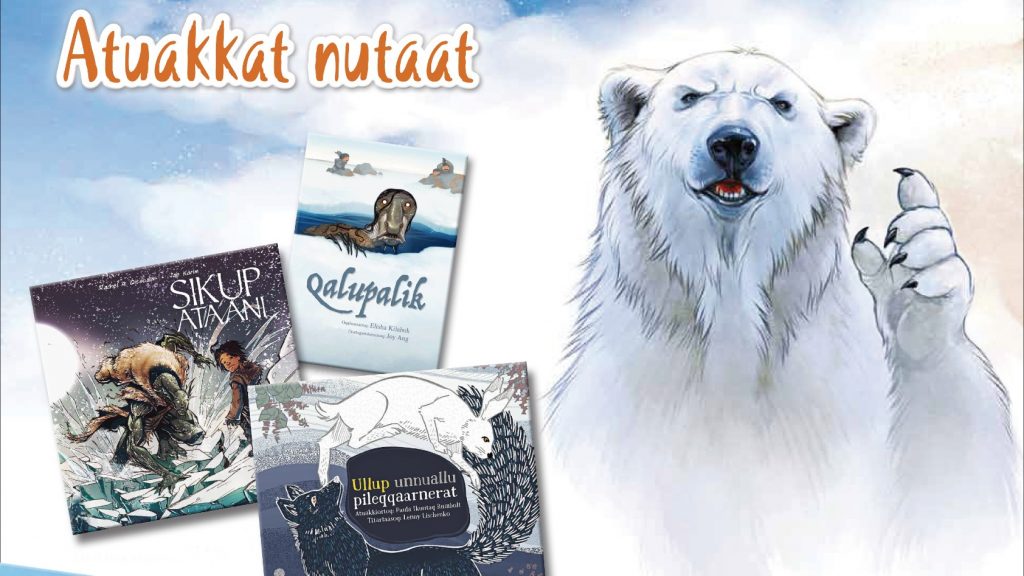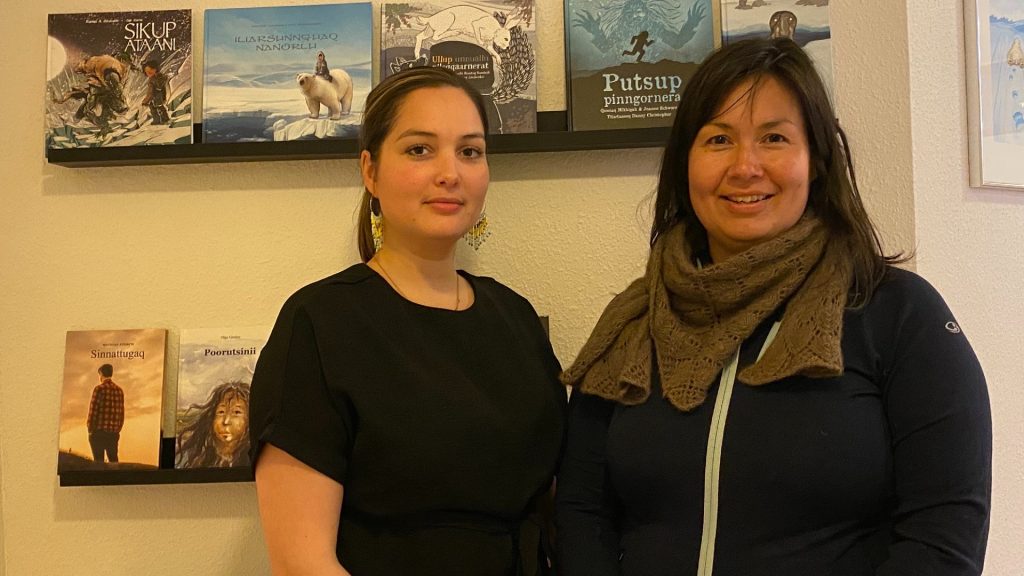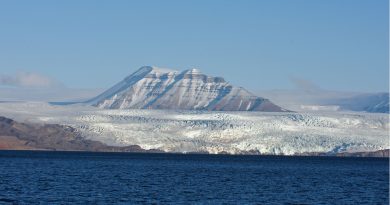Nunavut children’s books translated for circulation in Greenland’s schools

Young students in Greenland will now be exposed to a new set of stories from Canada with the translation of five Nunavut children’s books into Greenlandic.
The translations are a part of a wider project initiated by Ilinniartitaanermut Aqutsisoqarfik (Greenland’s Agency for Education) to make early reader books widely available, for free, for students in Greenland’s school system.
“The books chosen for the project focus on a variety of books from both Greenland and other countries and the books include both fiction and non-fiction,” said Lone Hindby, the head of division at the Agency for Education, in a telephone interview from Nuuk. “The Canadian translation project has been in the works for about a year and a half.”
The five Canadian titles chosen are all from Inhabit Media, an Inuit-owned publisher founded in 2005 to promote and preserve Inuit stories, language and culture in the Arctic territory of Nunavut.
Bringing Nunavut stories to Greenland

Many criteria were evaluated when choosing which of the Nunavut stories to translate.
“We looked at many different things including myths that are similar to Greenland’s, the diversity of expression in the illustrations as well as narratives that had similarities to Greenlandic storytelling,” said Arnánguak Lyberth, one of the editors and translators who worked on the project.
One example Arnánguak Lyberth cites is The Orphan and the Polar Bear by Arctic Bay elder Sakiasi Qaunaq, the story of an orphaned boy who’s adopted by a polar bear elder after being abandoned on the sea ice by a group of hunters.
For Anna Karina Kâjangmat Lyberth, also an editor and translator on the project, encountering these story similarities were among the most enriching aspects of preparing the books for publication.
“For me, one of the most exciting parts of working on this project was to see how it expands the ways of storytelling,” said Anna Karina Kâjangmat Lyberth told Eye on the Arctic through a translator. “And to see how this way of storytelling [in Nunavut, Canada] is so similar to the way of telling stories in Greenlandic.”
The five titles by Nunavut authors released in Greenlandic this month:
The Qalupalik by Elisha Kilabuk (Iqaluit)
The Orphan and the Polar Bear by Sakiasi Qaunaq (Arctic Bay)
The Legend of the Fog by Qaunaq Mikkigak (Cape Dorset)
Under the Ice by Rachel A. Qitsualik (born in northernmost part of Baffin Island)
The Origin of Day and Night by Paula Ikuutaq Rumbolt (Baker Lake)
Greenland has 7,500 children in grades 1-10. The book project targets the 3,000 youngest students.
Six thousand copies of each Canadian title have been printed and will be distributed for free to schools all around Greenland, including preschools.
The books will also be distributed on an electronic platform that can be accessed by students and teachers only.
Although the books are published primarily for the education system, they will also be available for purchase at the Atuagkat Bookstore in Nuuk, Greenland’s capital City.
Write to Eilís Quinn at eilis.quinn(at)cbc.ca
Related stories from around the North:
Canada: Publisher in Arctic Canada putting Inuit-language books online amidst COVID-19 closures, Eye on the Arctic
Finland: Budget cuts threaten international Sámi language cooperation, Yle News
Norway: Walt Disney Animation Studios to release Saami-language version of “Frozen 2”, Eye on the Arctic
Sweden: Can cross-border cooperation decolonize Sami language education?, Eye on the Arctic
United States: Inuit leaders applaud UN move to designate International Decade of Indigenous Languages, Eye on the Arctic




I highly recommend susan aglukarks book una huna she is incredible